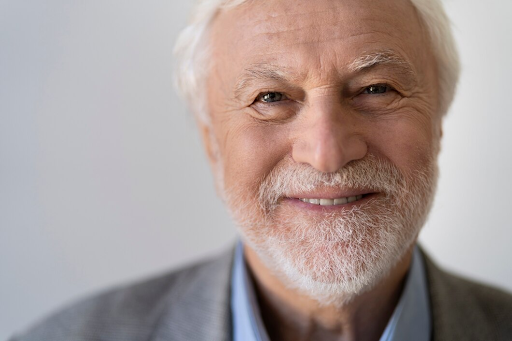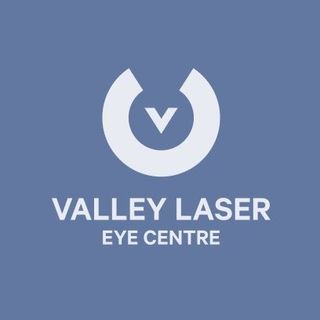As humans, it is only natural that we all age as we go through the years and go through one birthday and life-changing experience after another.
From the moment the gray hairs start showing to the day you get your first set of dentures, it is no secret that that age isn’t so kind to one’s health in the long run. This is especially true when it comes to one’s own eyesight.
The curious case of age and eyesight
If you’ve got a loved one who’s had difficulty seeing properly as they grow older or noticed that you can’t see clearly as before, you’ve probably seen the effect that age has on the eyesight. Due to the effect that age has on vision, medical practitioners themselves have given the condition itself a name: age-related eye disease.
Fortunately, growing older doesn’t mean that you’ll have to unwittingly rescind your eyesight entirely if you know how to care for your eyes properly as early as now. By taking the time to know exactly what to look out for while getting familiar with the ins-and-outs of the condition itself, you’ll be able to identify and prevent age-related eye disease well enough to prevent it.
To protect your eyes in spite of age and ensure that you can see as clear as possible for years to come, here’s everything you need to know about the condition itself:
An overview
The signs of age-related eye disease begin to show themselves by the time you turn 40 at the earliest in the form of the loss of reading vision. If you’ve begun to depend on reading glasses to read the newspaper, enjoy social media, or understand directions and road signs while driving and are having trouble reading up close, then you’ve got a case of presbyopia.
Over time, presbyopia can easily grow worse when it isn’t treated properly because the lens in the eye becomes far less flexible. This makes it much harder to focus up close and maintain proper optical perception.
Aside from the effects of the conditions, getting older also brings about the occurrence of noticing glare because of the heightened sensitivity of the eyes, which causes light to hit in a scattered fashion. On top of the increased glare and hampered eyesight, you may also end up seeing more “floaters” that may be a sign of a detached retina and start experiencing dryness in your tear ducts.
What other specific eye diseases should you be aware of?
In addition to the regular case of presbyopia, there are other age-related eye diseases that may come about when proper care is disregarded, and the local eye doctor isn’t visited enough.
Certain conditions, such as glaucoma, age-related macular degeneration, can progress rapidly and completely hamper your sense of sight until you experience complete blindness. Mitigating the effects of these diseases, however, can be easily done by making a few lifestyle changes, such as:
- Quitting smoking
- Exercising regularly
- Getting annual eye exams with a certified ophthalmologist
- Eating more foods that are rich in antioxidants such as lutein and beta-carotene, such as carrots.
Conclusion
With the guide given above, you now know how your eyesight can be inevitably affected as you grow older. While age may be quite unavoidable in nature, it doesn’t mean that you can’t take the necessary steps towards keeping your eyesight as sharp as possible when you get older!
(Disclaimer: This blog post does not replace medical advice and should not be implemented prior to consulting a fully certified medical professional.)





